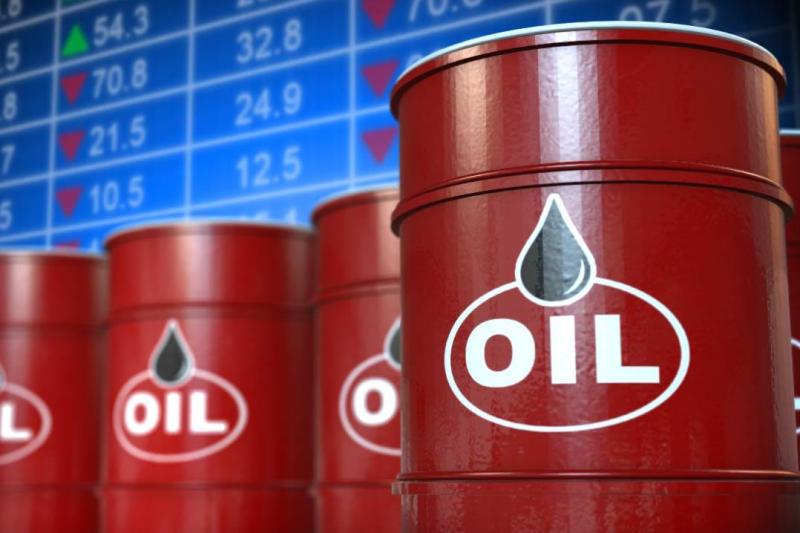
He said on Thursday India looked unlikely to import any Iranian oil in November or December given it has not been granted a sanctions waiver, unlike under the last US administration, and in any case time was running out for orders to be placed.
Further ahead, 'the average [Iranian cut] for next year isn't 1.4 [million b/d] because it does come back. It won't average 1.4 million,' he said, noting Iran had previously found 'alternative' ways to export its oil.
'The nasty gap is for Q4 this year, particularly December, a little bit into Q1 for next year,' Horsnell said.
'Are we looking [for oil prices] to average $ 100 next year? No. Are there circumstances in Q4 that could so scare the market that it could rampage temporarily up to very high levels above $ 90 - we're at $ 82 already, $ 82 to $ 100 is not very far. It's a world where given the right sequence of events it's not impossible,' Horsnell said, referring to recent forecasts of $ 100 oil.
Standard Chartered last week raised its annual Brent oil price forecasts by $ 3/b for next year to $ 78/b, and by $ 7/b for 2020 to $ 85/b, citing the US sanctions on Iran and the likelihood of a slowdown in the US shale growth. Before the revision it had forecast that sanctions would cut Iran's output by 1 million b/d by year-end.
The upward revision to its view on prices was tempered by demand factors, particularly trade tensions. Next year Standard Chartered expects global oil demand to rise by just 1.16 million b/d and non-OPEC oil supply to grow by just 990,000 b/d, both being below the estimates of the International Energy Agency.
'The scale of the demand slowdown is likely to be far less than the US output slowdown and the loss of Iranian oil. However, oil prices tend to have a particular sensitivity to the chill of demand concerns; the ghosts of economic crises past still haunt,' the bank said in a research note.
In the note, Standard Chartered outlined several ways in which the impact of US sanctions on Iran might moderate next year, including alternative export routes, aggressive discounting, or because 'extra waivers might yet be offered to the consumers most affected'.
9455**2050
Follow us on Twitter @IrnaEnglish
 solhkhabar | Peace International News Agency Peace International News Agency , Peace News , International Agency News of Peace
solhkhabar | Peace International News Agency Peace International News Agency , Peace News , International Agency News of Peace